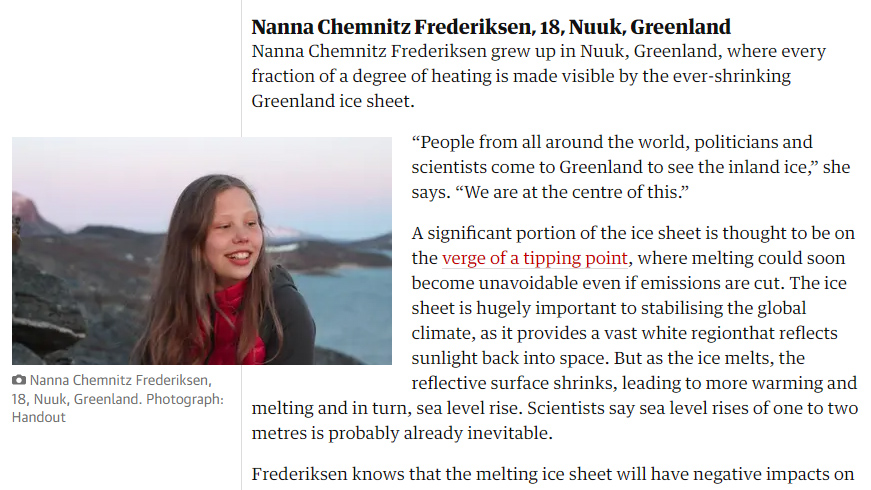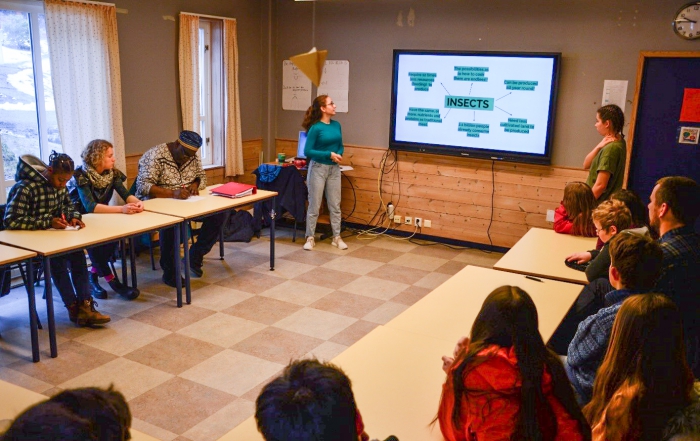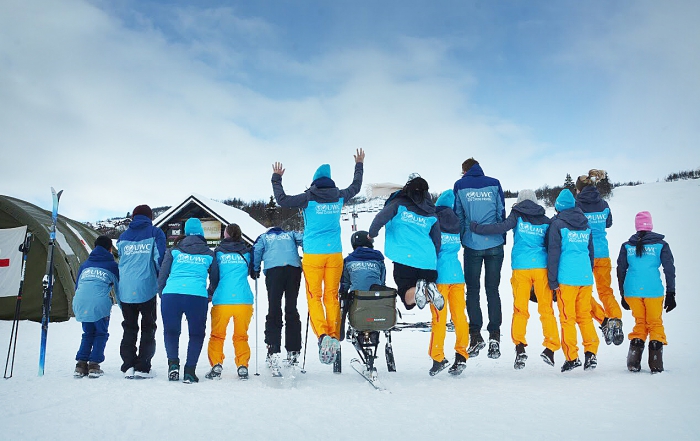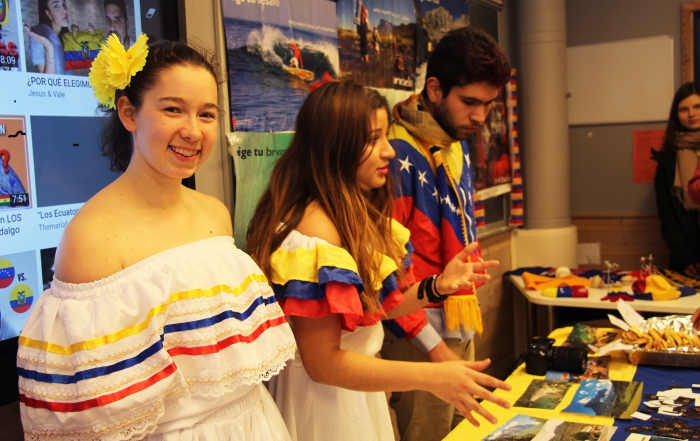“People from all around the world, politicians and scientists come to Greenland to see the inland ice,” she says. “We are at the centre of this.”
A significant portion of the ice sheet is thought to be on the verge of a tipping point, where melting could soon become unavoidable even if emissions are cut. The ice sheet is hugely important to stabilizing the global climate, as it provides a vast white region that reflects sunlight back into space. But as the ice melts, the reflective surface shrinks, leading to more warming and melting and in turn, sea level rise. Scientists say sea level rises of one to two metres is probably already inevitable.
Frederiksen knows that the melting ice sheet will have negative impacts on communities across Greenland, especially in northern settlements such as Qaanaaq where permafrost melting is destabilizing homes and roads and impacting how fishers and hunters operate.
But her real concern lies on the impact it will have globally. “I am not so scared of what the effects of the melting of ice in Greenland will be,” Frederiksen says, “It scares me what effect it can have for the rest of the world.”
Latest News
Our Earth, Our Future
Nils Vagstad and Mike Doyle The world is facing many environmental problems all around the globe today. In this year's Environmental Global Concerns (GC) we explored some of these issues, with the events of [...]
Gift from Skogstad Sport
Skogstad Sport has given us a generous gift enabling us to equip students with good clothes for outdoor activities. With our deliberately divers student body, this is a great contribution towards making each and everyone [...]
The Las Americas Show
Last weekend, on Saturday 17th of March, we had the Las Americas Show. Following RCN tradition all regional shows have an afternoon bazaar prior to the evening cultural show with a variety of stands at [...]




